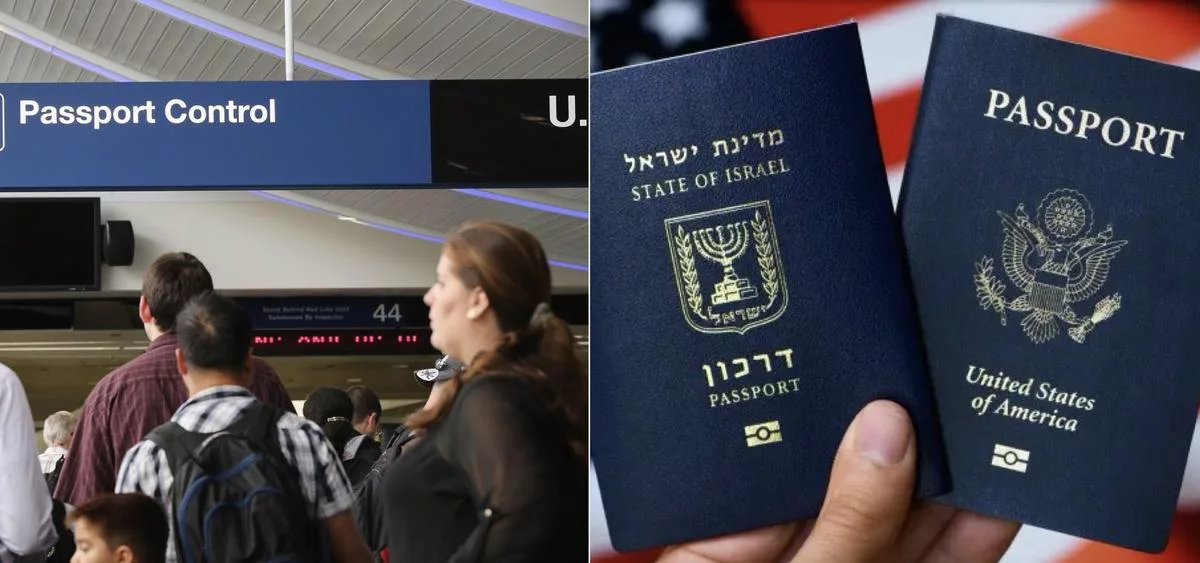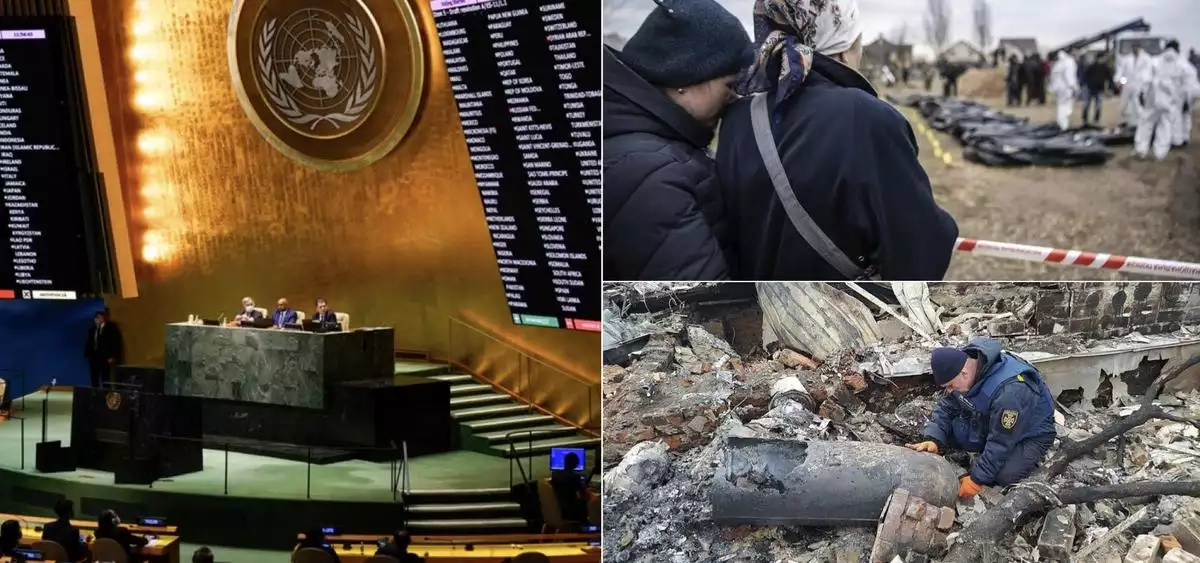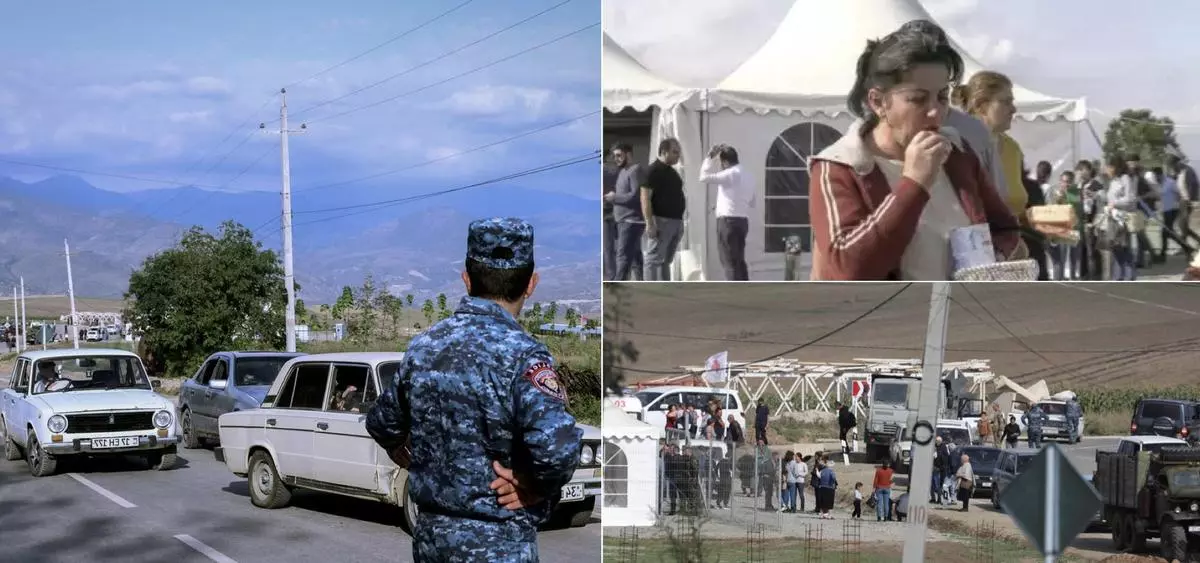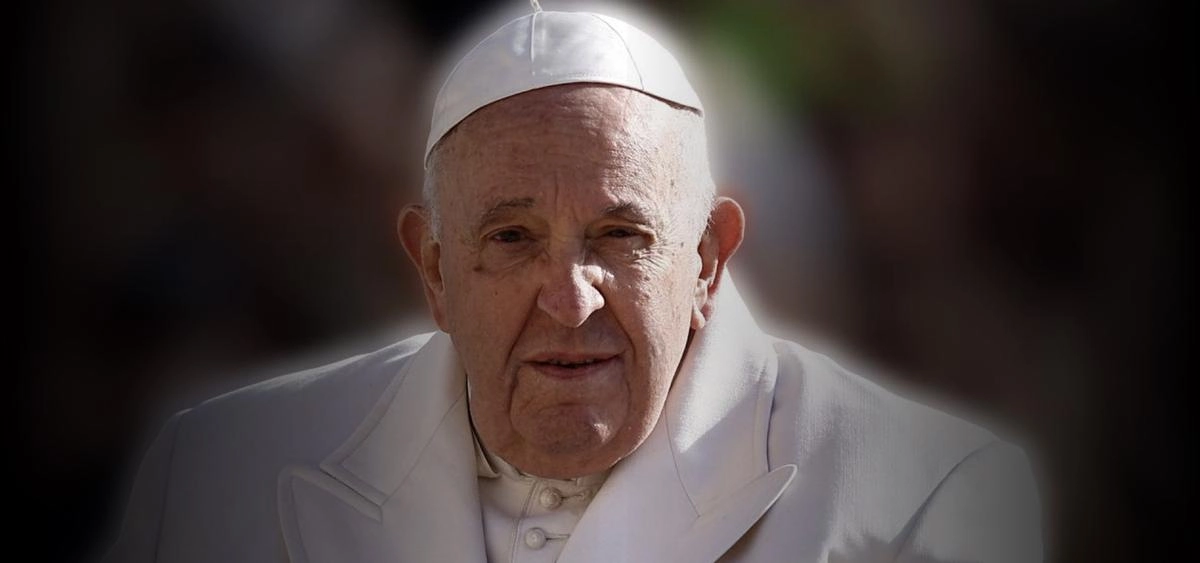Collaborative efforts of US, South Korea, Japan strengthen regional ties, fostering unity to address shared challenges and enhance stability
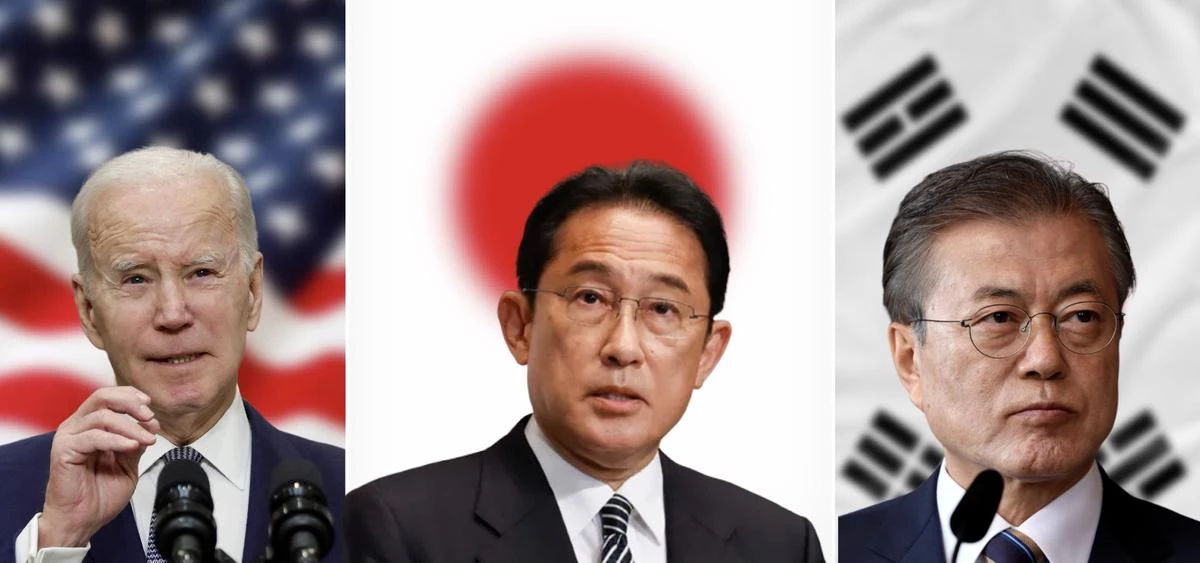
Credit: Google | Joe Biden, Fumio Kishida, Yoon Suk Yeol
In a historic summit held at Camp David, President Joe Biden has heralded a new era of cooperation and unity between the United States, South Korea, and Japan. Against the backdrop of mounting threats posed by China and North Korea, this trilateral meeting marked a significant turning point in regional politics. Both Japan and South Korea have grappled with the shadows of Pyongyang’s missile tests and Beijing’s expanding influence, prompting a united front to address shared challenges.
President Biden commended the courage of his Asian counterparts, Japanese Prime Minister Fumio Kishida and South Korean President Yoon Suk Yeol, for transcending generations of tension between their nations. This symbolic gathering marked a break from tradition, as it took place at Camp David, the presidential retreat that has witnessed historic summits since the days of Franklin Roosevelt. The leaders’ deliberate informality aimed to cultivate a lasting partnership, acknowledging the deep-seated hostilities arising from Japan’s colonial rule over Korea from 1910 to 1945.
US President Joe Biden welcomes the leaders of South Korea and Japan to a summit at Camp David aimed at bolstering ties as the three countries seek to project unity in the face of China's rise https://t.co/EGGQYT2OOn pic.twitter.com/oUQoWOrHYK
— Reuters (@Reuters) August 19, 2023
The summit yielded several critical agreements that signify the alliance’s resolve against common adversaries. Enhancements in ballistic missile defense coordination and information sharing were announced, along with commitments to address economic disruptions through an early warning supply chain system. Furthermore, the leaders pledged to bolster national security cooperation through comprehensive multi-year military exercise plans.
The core focus on countering threats from North Korea and China solidified the alliance’s long-term objectives. President Biden emphasized the enduring nature of these agreements, reaffirming their significance even if the political landscape were to shift. In contrast to the “America First” policy, Biden stressed that such international cooperation strengthens the nation’s standing on the global stage.
This summit also resonated as a strategic response to China’s increasing assertiveness. Beyond the trilateral partnership, the U.S. fortified ties with the Quad nations—India, Australia, and Japan—and facilitated the sale of nuclear submarines to Australia. As tensions with Beijing escalate, the U.S. has sought to constrain China’s role in the invasion of Ukraine and its influence over North Korean leader Kim Jong Un.
As a result of this unprecedented meeting, an array of measures emerged, spanning from joint security consultations in the face of threats to the development of a more resilient global supply chain. While not explicitly labeled a Pacific NATO, the partnership’s breadth and depth evoke a sense of trilateral military collaboration. Furthermore, the leaders candidly addressed China’s actions in the South China Sea, a notable departure from the past.
President Biden, Prime Minister Kishida, and President Yoon conveyed optimism about the future, stressing the potential for this partnership to foster freedom, peace, and prosperity. The commitment to an alliance formed on common values and interests underscored the summit’s significance. President Biden’s continuous engagement with these allies emphasizes the importance of mending historical grievances to confront shared regional and global challenges collectively.
RELATED NEWS
WEB STORIES FOR YOU
Stay connected with Today On Globe for the latest Global Issues and News Updates.
Explore more related articles at [TOG News / TOG Article]











